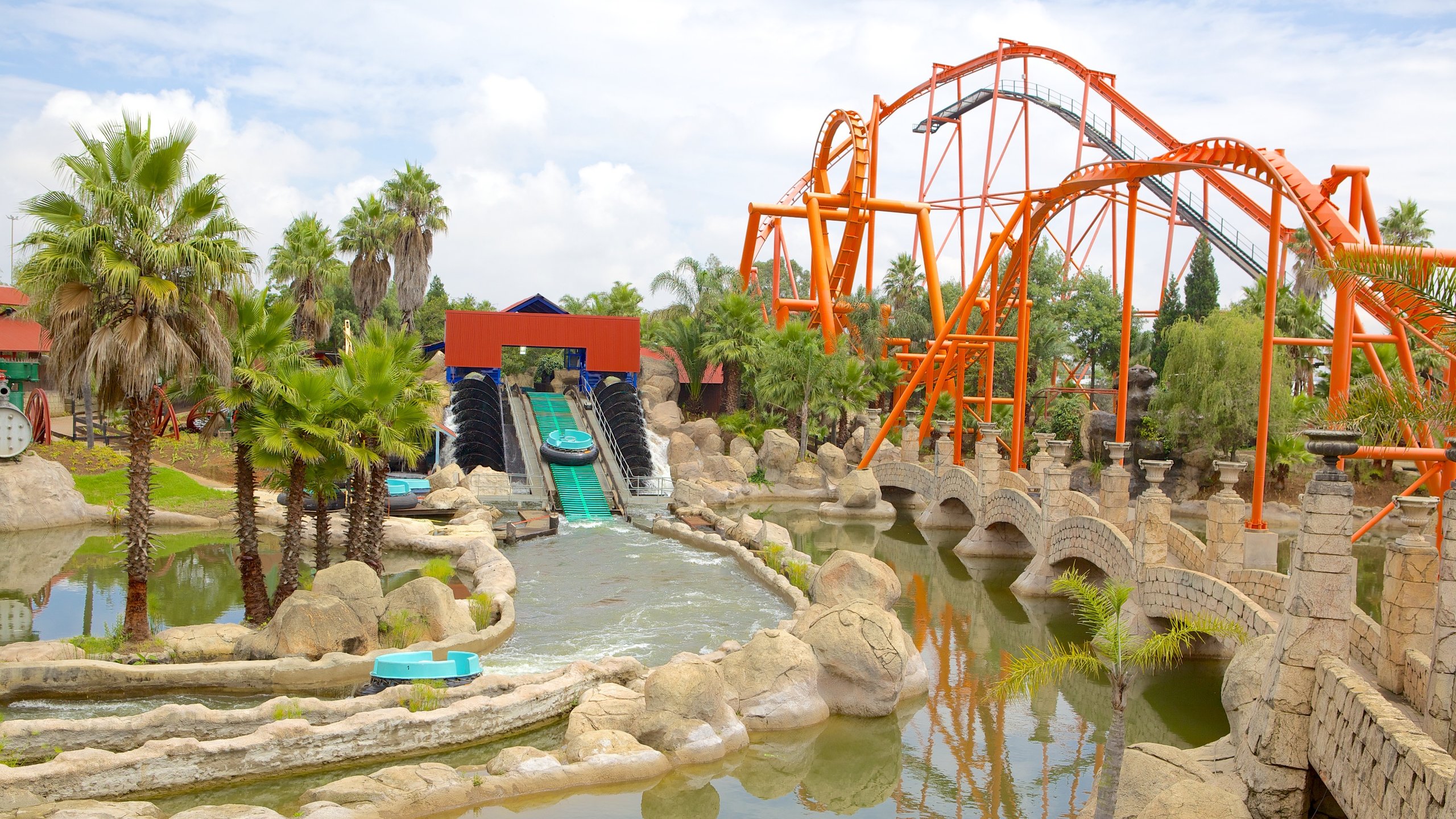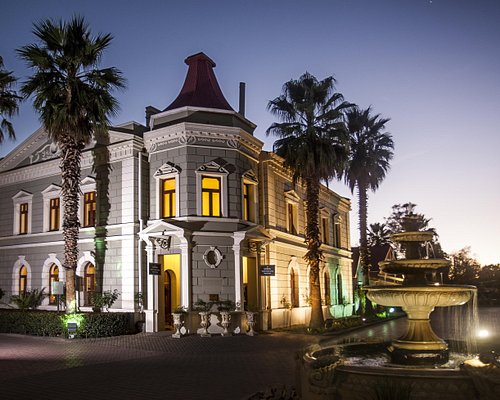Getting The Johannesburg North Attractions To Work
Getting The Johannesburg North Attractions To Work
Blog Article
6 Easy Facts About Johannesburg North Attractions Described
Table of ContentsNot known Details About Johannesburg North Attractions Our Johannesburg North Attractions StatementsFacts About Johannesburg North Attractions RevealedRumored Buzz on Johannesburg North AttractionsJohannesburg North Attractions Things To Know Before You Get ThisSome Known Factual Statements About Johannesburg North Attractions 9 Easy Facts About Johannesburg North Attractions Shown
However you ought to maintain security in mind and vacationers should remain sharp in any way times when in unfamiliar environments. Talk with the citizens when you remain in town to find out concerning the location you are staying in. Johannesburg North attractions. When on the street (this does not put on mall and various other secure environments) finest basic guidance is to attempt your best to resemble a regional and to stay clear of showing any form of wide range
About Johannesburg North Attractions
Teacher Revil Mason O. J. (Thomson, 1946) checked out the Witwatersrand's pre-colonial history. His historical work took off the 'em pty land' misconception, according to which the area was empty of human habitation before the arrival of European settlers. In his magazines Prehistory of the Transvaal: A Record of Human Task (1962) and Beginnings of Black People of Johannesburg and the Southern Western Central Transvaal Advertisement 3501880 (1986 ), Teacher Mason showed the level of social and financial growth in the area prior to Europeans set foot here.

Indicators on Johannesburg North Attractions You Should Know
He showed the government's permission, given after he had vouched to maintain his discoveries secret. In 1874, small mining operations were started in the Magaliesberg, where an Australian, Henry Lewis, had discovered gold deposits. In 1878, David Wardrop located gold in quartz veins at Zwartkop, north of Krugersdorp. In 1881, Stephanus Minnaar stumbled upon gold on the ranch Kromdraai, near the Cradle of Mankind.
In March 1886, an outcropping (soon to be called the Key Coral reef) was found, quite fortunately, on Gerhardus Oosthuizen's farm Langlaagte. Some claim that the Lancastrian coal miner George Pedestrian uncovered this reef. An additional travelling English miner, George Harrison (that had actually previously operated in Australian mines) obtained a prospecting licence in respect of Langlaagte in Might 1886.
He determined to go on in a quest for greener pastures, and disposed of his Langlaagte claim for the baronial amount of 10. Alas: under lay the wealthiest goldfield ever found. The exploration of this abundant auriferous reef prompted a gold thrill that signified completion of agrarian serenity in the southerly Transvaal.
It would certainly, within 6 years, become the largest town in southerly Africa. Within a decade, it would certainly make the Z. A. R. until then an anarchical and insolvent little state the richest nation in Africa. By the turn of the century, the Z. A. R. was to exceed Russia, Australia and the United States of America to come to be the globe's leading gold producer, producing even more than a quarter of the globe's gold.
The Buzz on Johannesburg North Attractions
It was understood as Ferreira's Camp, called after Colonel Ignatius Ferreira. He was a Boer adventurer upon whom the British authorities had presented the standing of Buddy of one of the most Identified Order of St Michael and St George (qualifying him to the post-nominal letters C. M. G.) in gratitude for his role in the war that had deposed the Pedi king Sekhukhune in 1879.
2 other camps were established: Meyer's Camp on try this site the farm Doornfontein, and Paarl Camp. The latter was nicknamed Afrikander Camp; lots of individuals from the Cape Nest settled there.

Not known Facts About Johannesburg North Attractions
This name obtained currency by word of mouth, such that the State Assistant attested the name to the Mining Commissioner on 9 October 1886. Stands in the village were auctioned on 8 December 1886. While some stands were sold for 10, others were torn down for as little as sixpence.
2 years later, these erven were to transform hands for as high as 750 each. The tented camps diminished as a dorp of corrugated iron buildings established and expanded north of the mines situated along the Key Reef Roadway. Areas such as Jeppe's Community (where working-class immigrants erected their homes) and Doornfontein (where the his response affluent brand-new 'Randlords' started over at this website to construct their opulent residences) were soon contributed to the ever-expanding map of the town.
Johannesburg North Attractions for Dummies
Apart from the street names, there were no indicators of Johannesburg being located in a Dutch-speaking country., virtually everybody talked English and even the Government servants resolved one in English, unless they were initial addressed in the Taal (or Low Dutch)'.
Britain had a rate of interest in ensuring optimal problems for gold production on the Witwatersrand, and that the gold was exported to London rather than Berlin an essential provided all the extra clamant by the Z. A. R.'s boosting toenadering with Germany. Mine owners got on a clash with Head of state Kruger, whose plan of monopolistic giving ins (commonly approved to his cronies) protected against mining companies from obtaining materials of products (specifically dynamite) and labour by themselves, less costly terms
Fascination About Johannesburg North Attractions
In 1890, the Volksraad had restricted the franchise to white guys that had actually lived in the Z. A. R. for fourteen years or longer, therefore disqualifying a lot of the immigrants (that happened to be the major factors to the fiscus). Frustration for the ballot was a simple pretext for promoting a different program; many uitlanders concerned themselves as momentary visitors and had no purpose of continuing to be in the Z.
Report this page